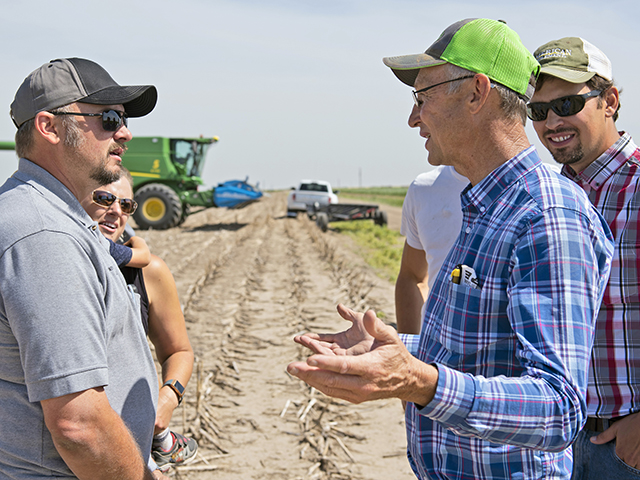Family Business Matters
The Art of Compromise
Family businesses are full of competing interests. Parents who are also owners must make short-term financial decisions with an eye toward multigenerational survival. Siblings who are also coworkers must balance the frustrations of working together daily with the goal of positively interacting at Christmas, birthdays and other family events. These needs and challenges demand that a successful family business -- a closely held, multigenerational enterprise in which related parties enjoy working together -- learn the art of compromise.
The word compromise comes from the Latin "compromissum," originally meaning a mutual promise made by both sides in a dispute to abide by a referee's decision. It is a strong word, a word of honor, a word respecting a process and decision for the good of both parties. But, in society today, compromise has a mostly negative connotation, suggesting one party has either given up or given in. In my experience, however, compromise is usually the best way to go; the alternatives to compromise, such as a drawn-out fight or a prolonged stalemate for both sides, often create much more damage.
Think of the internecine legal battles of neighboring family farms or ranches. The real winners are not family members but attorneys and accountants who represent each side. The total amount of financial equity remaining after such a fight is much less than what a compromise between family members might have achieved. Consider the following threefold approach to achieving an acceptable compromise.
SET THE RIGHT STANDARD
We are often frustrated in life because we can't get what we want. For example, you might want more financial resources for the part of the business you manage or better help at certain times of the year. You might want less involvement by your brother's spouse or more freedom to make major decisions in the business.
P[L1] D[0x0] M[300x250] OOP[F] ADUNIT[] T[]
Instead of focusing on "what you want," it's more helpful to focus on "what you can live with." What is the minimum amount necessary to move forward on the particular issue you are frustrated with? You may not be able to avoid your sister-in-law's comments, but you might suggest a regular meeting so you have new boundaries around the interaction. You may not get all of the financial resources you want, but you can target those that have the highest potential return. Think about what you can accept rather than everything you might want.
HAVE A GOOD PROCESS
I've often found that the process by which an issue is decided is almost as important as the issue itself. For example, in dividing the assets of a farm corporation, it's important for all to understand the condition and appraisal value of the assets in the entity, and the common techniques for valuing minority owners' interests. People are also interested in each person's intentions for the assets being divided. In short, there is an education process that goes along with the specific solution being discussed. Take care to cultivate that process.
BE A GOOD LISTENER
Listening is perhaps the most powerful element of finding a compromise with family members. When people feel heard, they are more likely to consider alternatives to their initial ideas. And, when you go beyond simply restating what someone says to articulating how they feel (angry, disappointed, scared, etc.), you tap into a new source of energy to find solutions. Your odds of finding a compromise go way up.
Working with other people, especially relatives, always involves give-and-take. Finding compromises in your family business may not be easy, but your ability to do it well increases the chances that your relationships, and your business, will endure.
> Write Lance Woodbury at Family Business Matters, 2204 Lakeshore Dr., Suite 415, Birmingham, AL 35209, or email lance.woodbury@kcoe.com.
[PF_1220]
(c) Copyright 2020 DTN, LLC. All rights reserved.




